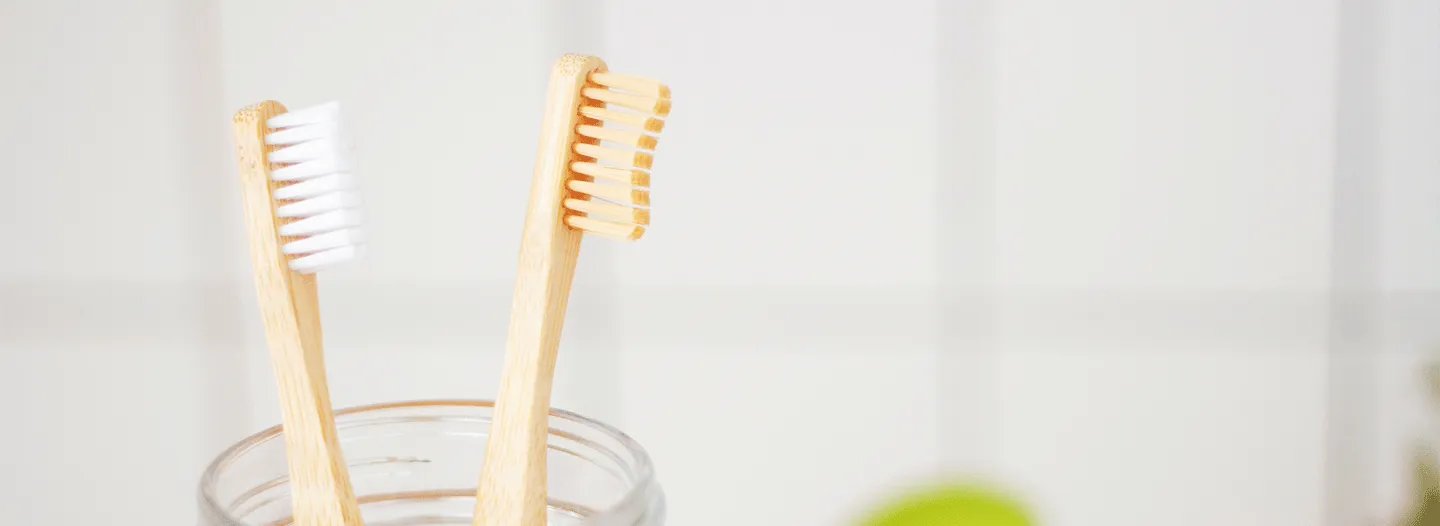This blog post can not be found

Contact Us
Office Hours
Monday:
8:00 AM-5:00 pm
Tuesday:
8:00 AM-5:00 pm
Wednesday:
8:00 AM-5:00 pm
Thursday:
8:00 AM-5:00 pm
Friday:
BY APPOINTMENT ONLY
Saturday:
Closed
Sunday:
Closed
